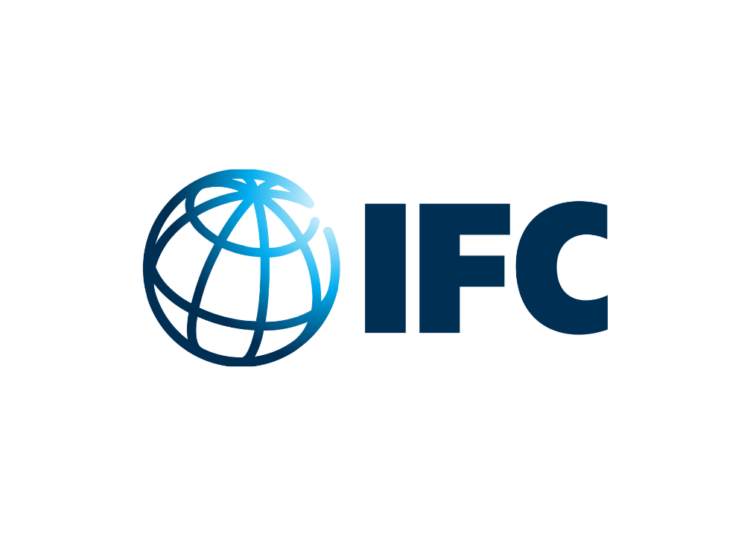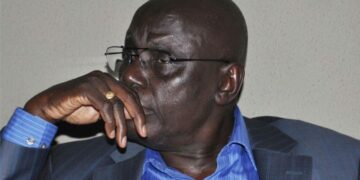Federal government and the International Finance Corporation (IFC) have reiterated commitment to resolve the nation’s housing deficit within the shortest possible time.
The minister of housing and urban development, Arc. Ahmed Musa Dangiwa, who received a delegation of top management staff of the corporation, yesterday in Abuja decried that the ministry has had several interactions and engagements with the IFC in the past but have not maximised the opportunity of that partnership.
Dangiwa, who was represented by the minister of state, Alhaji Abdullahi Tijjani Gwarzo, revealed that upon reviewing the IFC’s 2023 Annual Report, he noticed that the IFC has committed over $128.3 billion in loans, grants as well as investments, and guarantees to partner countries and private businesses. He said in Sub-Saharan Africa, the report indicates that the IFC committed over $38.6 billion and lamented that the specific amount of this investment that flowed into Nigeria, both for the country and private businesses remains unclear.
While calling on the IFC to utilise its massive institutional capacity to support the nation’s dream of providing affordable housing to citizens, the minister said the federal government is developing a comprehensive framework for the reform of the housing and urban sector in the country.
“As the drivers of President Bola Tinubu’s vision at the ministry, we are establishing a solid and comprehensive framework for the reform of the housing and urban sector in the country.
“Our action plans are to strengthen the institutional capacity of federal housing agencies, including the Federal Mortgage Bank of Nigeria (FMBN) and Federal Housing Authority (FHA). Increase the Supply of Decent and Affordable Housing Stock as well as establish a National Social Housing Fund (NSHF); Implement Land Reforms to streamline land administration and ensure easy access to land for Nigerians and private sector players; set up building materials manufacturing hubs; implement urban renewal and slum upgrading programmes and develop new cities that are integrated, inclusive, and demand driven.
“At the end of this meeting, we would like the IFC and our team to work out a workable and actionable framework that would see the Ministry and IFC sign a comprehensive partnership agreement on housing and urban development covering all areas of IFC’s interventions related to housing and urban development. We would expect this agreement to outline what the IFC can do to assist us in achieving our housing and urban development plans, as well as the ministry’s responsibilities”, he stated.
The senior country manager of the IFC, Kalim Shah noted that housing is a major focus of the IFC across Africa where they service both the supply and demand sides of the industry. He said the purpose of their visit was to understand what the ministry is doing and see how the group can partner and support their efforts to enhance the delivery of affordable housing to Nigerians.
“We see some honest desire on the part of the new government to provide affordable housing to the people, and we’ve come as partners to see how we can support what you’re doing. As an arm of the World Bank, our focus is primarily on private sector investment, so we’re looking for areas where we can work with the ministry in line with your vision for decent and affordable housing solutions to Nigerians,” he said.





